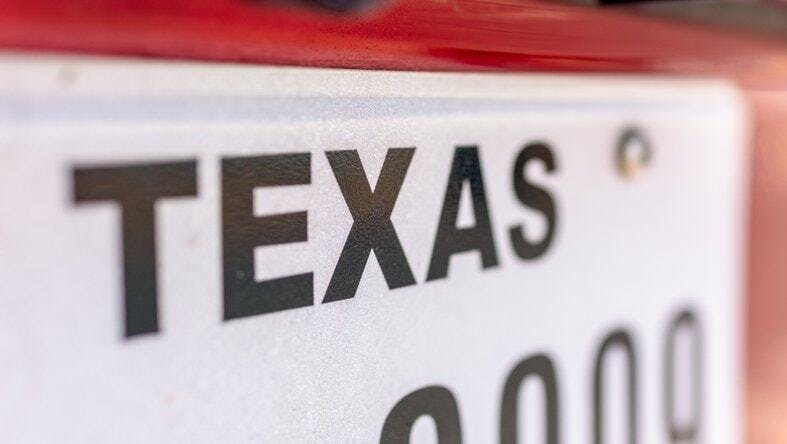What You Can Gain from Attending a CDL School

While it is sometimes possible to obtain a commercial driver’s license (CDL) without attending a CDL school, enrolling in and completing one of these courses can be an assured way of receiving the knowledge and hands-on skills you need to pass the DMV CDL tests.
Before enrolling in a CDL school, you must pass the written CDL test at DMVDmv Driversed.com and receive a CDL learner’s permit for your state. Studying your state’s publication entitled ‘Commercial Driver’s License Manual’ gives you the basic information you need to pass the written test for the learner’s permit.
By practicing with an online CDL practice exam, you can also increase your chances of passing the CDL learner’s written test on the first try.
What’s Covered at a CDL School
CDL study courses are not all the same. One reason is that the rules and regulations regarding commercial vehicles differ somewhat in different regions. However, all reputable CDL schools provide the same basic instruction for applying for a class A, B, or C commercial license:
• knowledge of traffic rules and regulations for trucks and other heavy vehicles needed to pass the DMV CDL written test and road tests
• an overview of state and federal laws regarding commercial transport
• in-car driving lessons with the type of vehicle you will be driving as a commercial driver
• inspecting a vehicle for safety and DOT compliance
• safe driving in hazardous road conditions and handling emergencies
• driving skills including turning, backing, hitching and unhitching trailers, and safe passing on the road
• map reading and keeping of log books
This training prepares you for the safe operation of vehicles including:
• tractor-trailer rigs
• freight and delivery trucks
• HAZMAT vehicles
• city and charter buses
• heavy construction equipment
What to Look for in a CDL School
CDL schools can be licensed, certified, or accredited. Licensed schools meet minimum state standards, certified schools are state and third-party inspected for compliance with industry standards, and certified schools meet criteria set by the U.S. Department of Education
Look for a CDL license school in the state where you will apply for the license to ensure you receive training specific to your state’s commercial driving regulations. Ask how long the school has been in business and check on their reputation. A reputable CDL school provides:
• behind-the-wheel experience with a certified instructor
• access to practice facilities and training on the road
• classroom training covering knowledge needed for the written CDL DMV test
• preparation for emergencies
• practice vehicles meeting CDL testing requirements
• PTDI-certified curriculum materials
Some schools also have state-certified facilities for conducting the DMV CDL test after students complete their courses. Tuition costs for CDL schools range from $3,000 to $10,000.
Admission to CDL School
CDL schools generally require prospective students to have a high school diploma or equivalent document, a valid driver’s license and CDL learner’s permit, and proof of citizenship and identity. Drug tests and English proficiency are also required at some schools.
Get Started with your New York Online Drivers Ed Course Today

Comfortable Shoes for Comfortable Driving
Did you know that your footwear could put you at risk of an accident? Avoid high heels, flip-flops, and wedges. Here's why your choice of shoes matters.

What Do I Need to Transfer My License to Texas?
Are you moving to Texas? Make sure you’re street-legal! Here’s what you need to know about transferring your driver’s license to Texas.
Looking for more driving resources?
Enter your email for deals, study materials, car maintenance tips, insurance savings, and more.
© 1997-2026 DriversEd.com. All rights reserved. Please see our privacy policy for more details.






